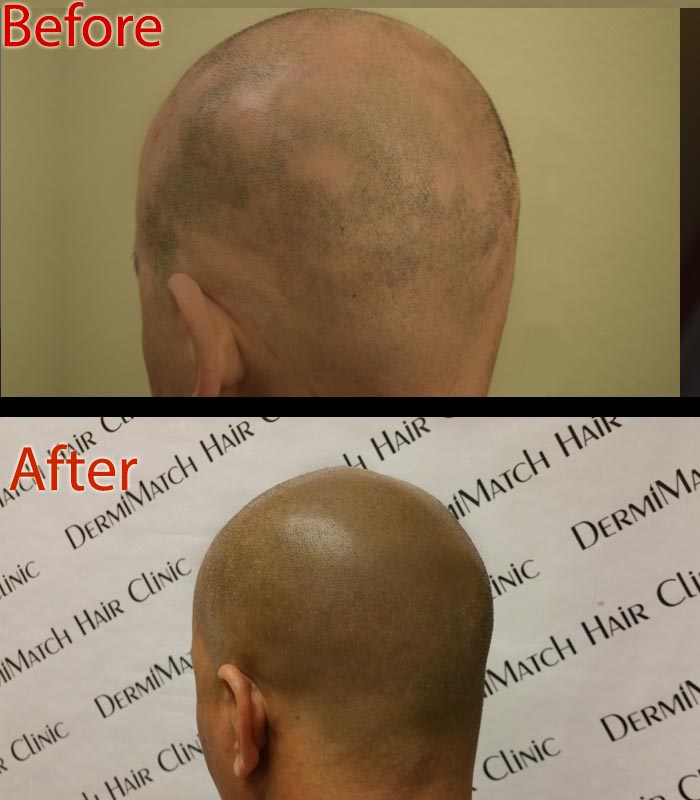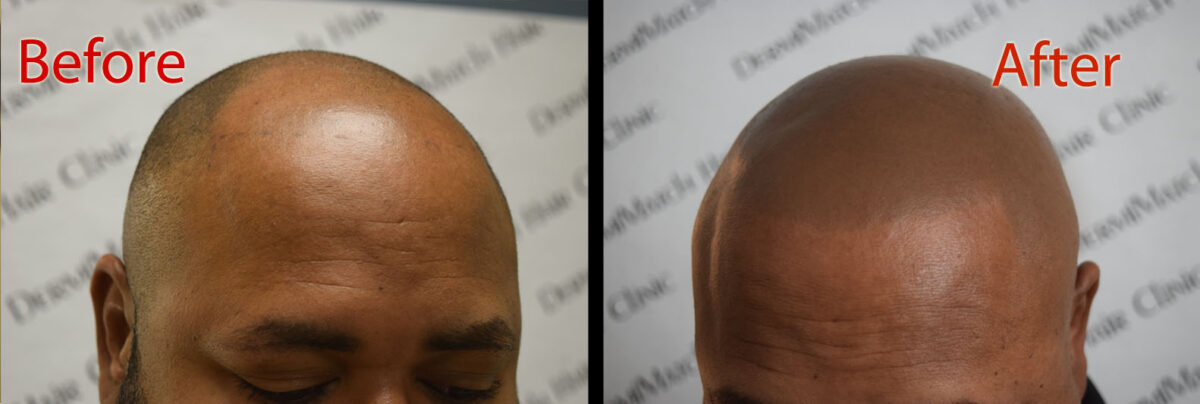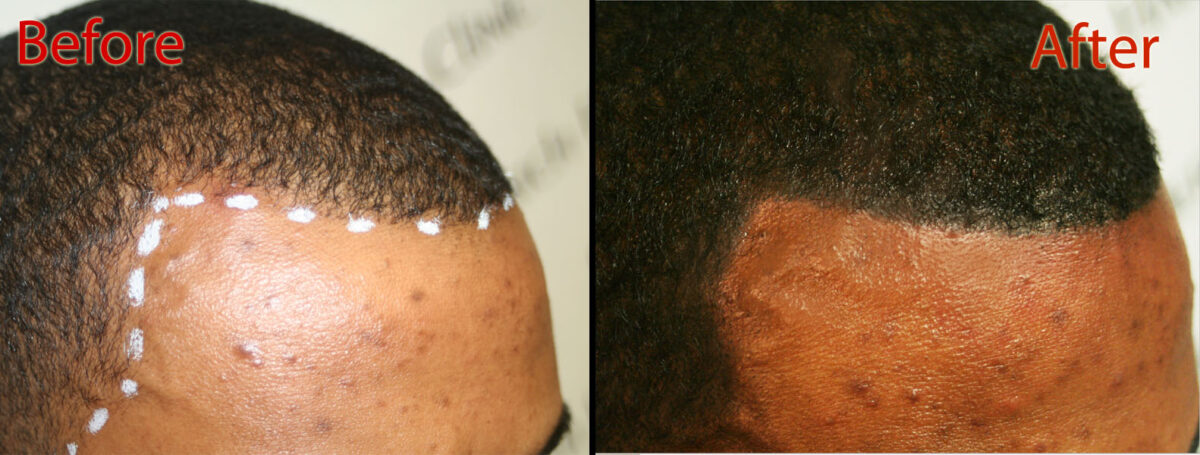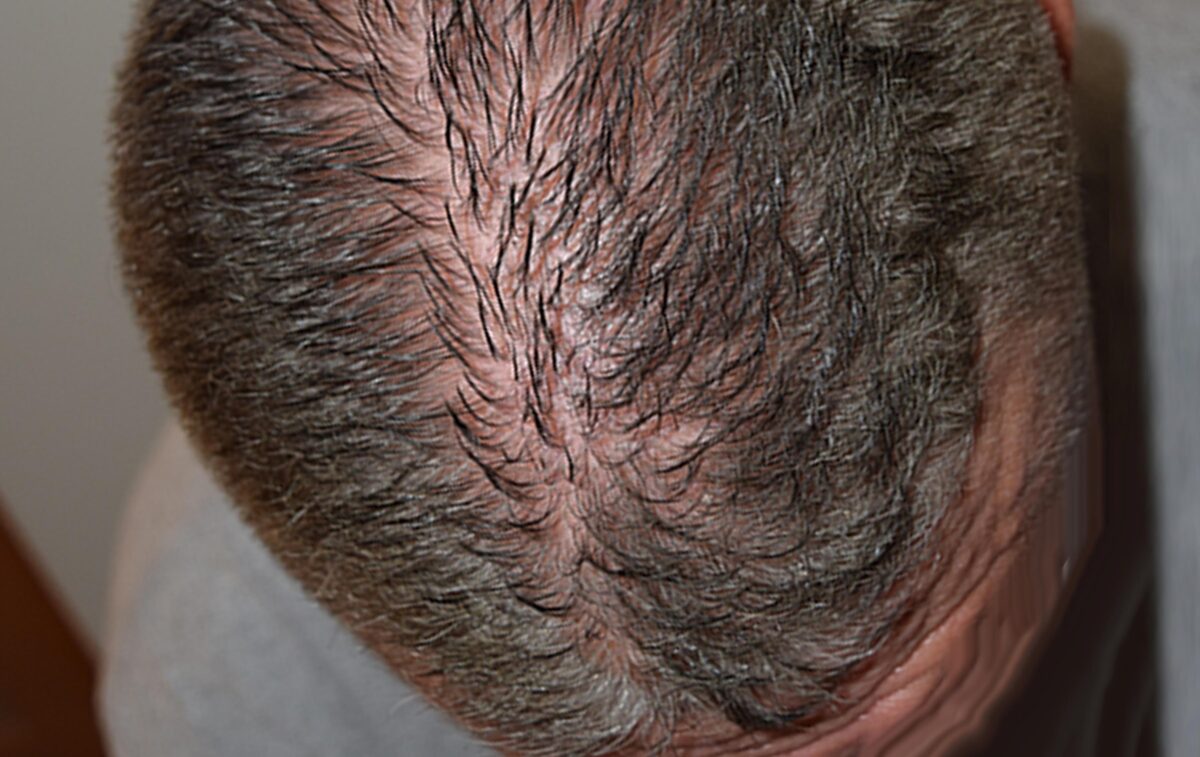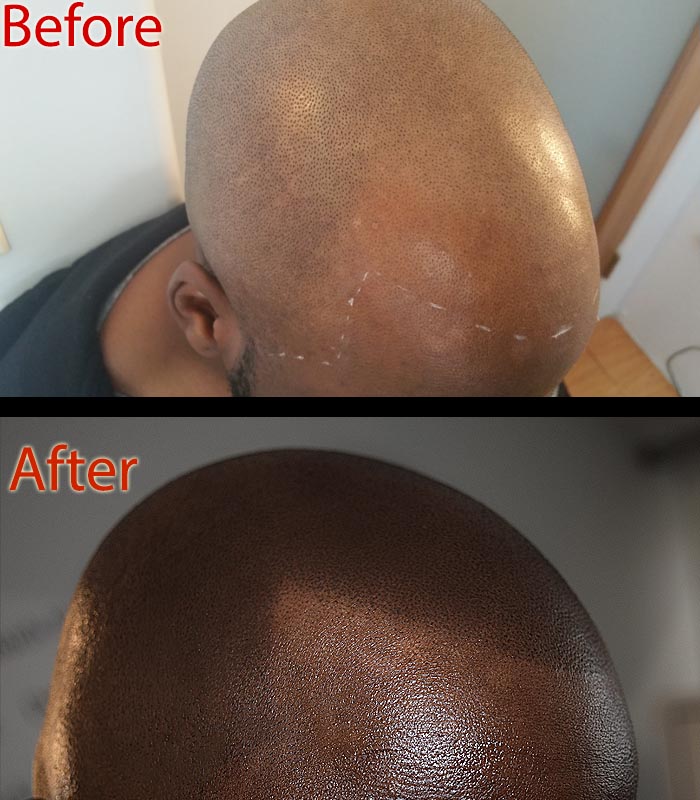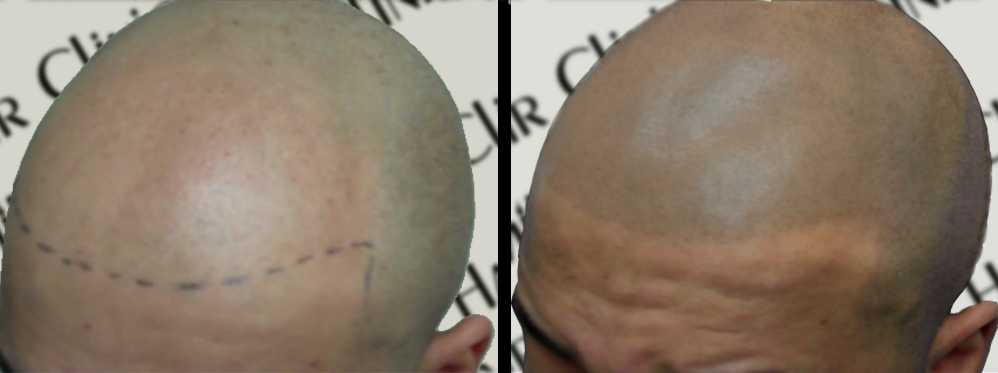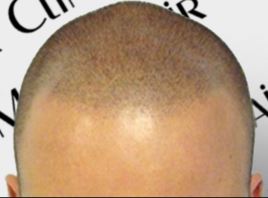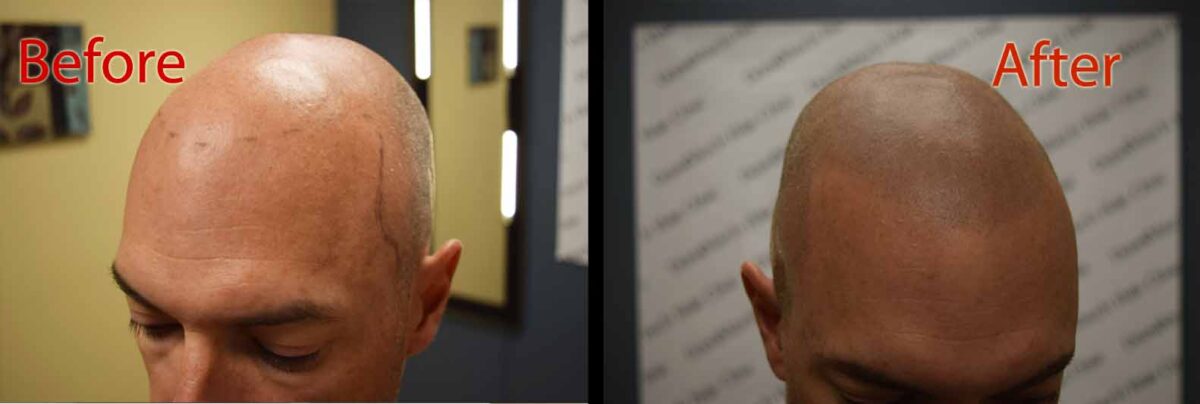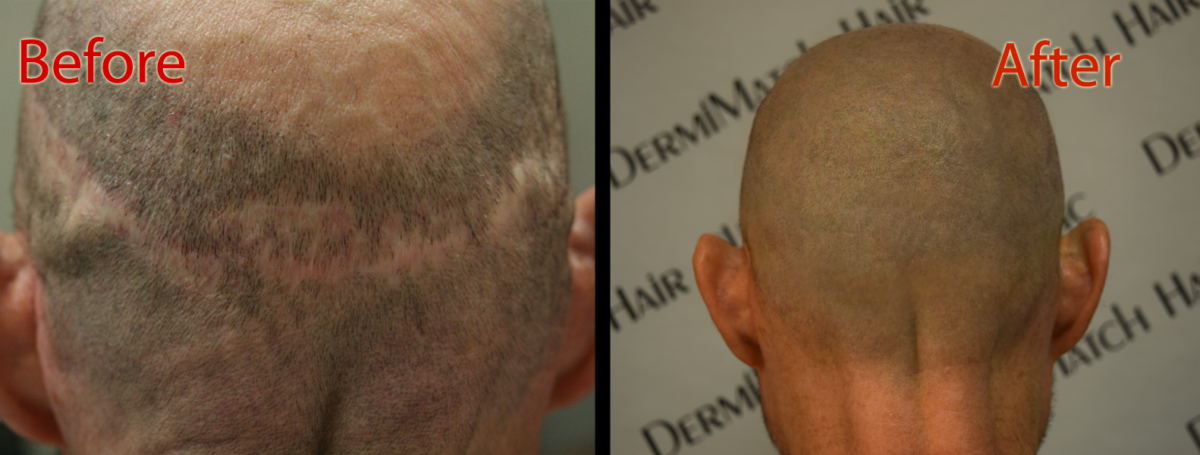Hair issues affect millions of people worldwide. Dryness, breakage, excessive oiliness, and thinning strands create frustration for those seeking healthier locks. Many individuals are moving away from chemical-laden commercial products and exploring natural alternatives found right in their kitchens. These kitchen hair remedies offer gentle care without harsh additives or expensive price tags.
Kitchen Hair Remedies
Moisture-Rich Coconut Oil and Honey Treatment
Coconut oil penetrates deep into hair strands while honey acts as a natural humectant. This powerful combination works for parched and damaged hair.
Blend equal amounts of melted coconut oil with raw honey. Work the mixture through clean hair from scalp to tips. Allow the treatment to remain for twenty minutes before washing thoroughly with shampoo. Regular use helps eliminate frizz and restores natural shine.
Protein-Packed Banana and Yogurt Mask
Bananas contain essential vitamins and potassium that smooth rough cuticles. Plain yogurt delivers proteins and natural acids that cleanse while strengthening hair structure. Mash one ripe banana until smooth and combine with half a cup of unsweetened yogurt. Apply to slightly damp hair and cover with a shower cap. Wait thirty minutes before rinsing with normal water. This is one of the kitchen hair remedies that reduces tangles and improves overall texture.
Soothing Aloe Vera and Olive Oil Blend
Irritated scalps benefit greatly from aloe vera’s anti-inflammatory compounds. Olive oil provides deep moisturization and creates a protective barrier against environmental damage. Extract fresh gel from an aloe leaf and mix with two tablespoons of extra virgin olive oil. Massage gently into the scalp using circular motions. Leave for thirty minutes, then shampoo as usual. This remedy calms itchiness and reduces flaking.
Egg and Castor Oil Formula
Eggs supply high-quality proteins that fortify weak hair follicles. Castor oil improves blood circulation to the scalp area and may encourage new growth. Beat one whole egg and incorporate one tablespoon of castor oil. Focus the application on the root area and scalp. Cover with plastic wrap for twenty-five minutes then rinse with lukewarm water. This treatment helps minimize hair fall and strengthens existing strands.
Balancing Green Tea and Lemon Rinse
Oily scalps respond well to green tea’s antioxidant properties and lemon’s pH-balancing effects. Brew strong green tea and let it cool completely. Add fresh lemon juice and pour over freshly washed hair. Massage into the scalp and wait five minutes before final rinsing. This natural rinse removes excess oil and product buildup while leaving hair refreshed.
When Kitchen Hair Remedies Do not Work
While kitchen remedies provide temporary relief for minor hair concerns, they cannot address serious hair loss conditions. Pattern baldness, significant thinning, and receding hairlines require more advanced solutions. No kitchen home remedies can regenerate hair where follicles have become inactive. Many people spend months trying natural treatments without seeing meaningful improvement in areas of actual hair loss.
Professional Scalp Micropigmentation as an Effective Alternative
Scalp micropigmentation offers immediate results for those experiencing genuine hair loss challenges. This specialized technique uses carefully placed pigment deposits to create the appearance of fuller hair density. Unlike natural remedies that depend on existing hair growth, SMP provides instant visual improvement for bald patches and thinning areas.
Choosing qualified SMP practitioners remains crucial for optimal outcomes. Many tattoo artists now claim to offer scalp micropigmentation services, but this field requires specific training in hairline design and scalp anatomy. Poorly executed SMP can result in unnatural appearance and permanent damage. Research practitioners thoroughly, examine their portfolio, and verify their specialized training before making decisions.
Get in touch with top Arizona SMP practitioners at DermiMatch Clinic and schedule your consultation.

